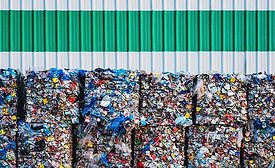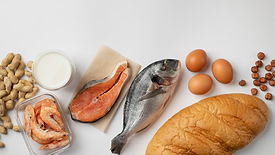Packaging
Food Safety and Regulatory Aspects of State EPR Programs
State-level Extended Producer Responsibility (EPR) can push a circular economy, move the overall recycling effort forward, and lead to an increase in the use of recycled material
April 14, 2025
The Use of UV-C Light in Combination With Hydrogen Peroxide to Disinfect Packages in ESL and Aseptic Beverages
The need for packaging materials that preserve the quality of products while preventing microbial contamination has become a critical focus for the beverage and dairy industries
April 10, 2025
Never miss the latest news and trends driving the food safety industry
eNewsletter | Website | eMagazine
JOIN TODAY!Copyright ©2025. All Rights Reserved BNP Media.
Design, CMS, Hosting & Web Development :: ePublishing











